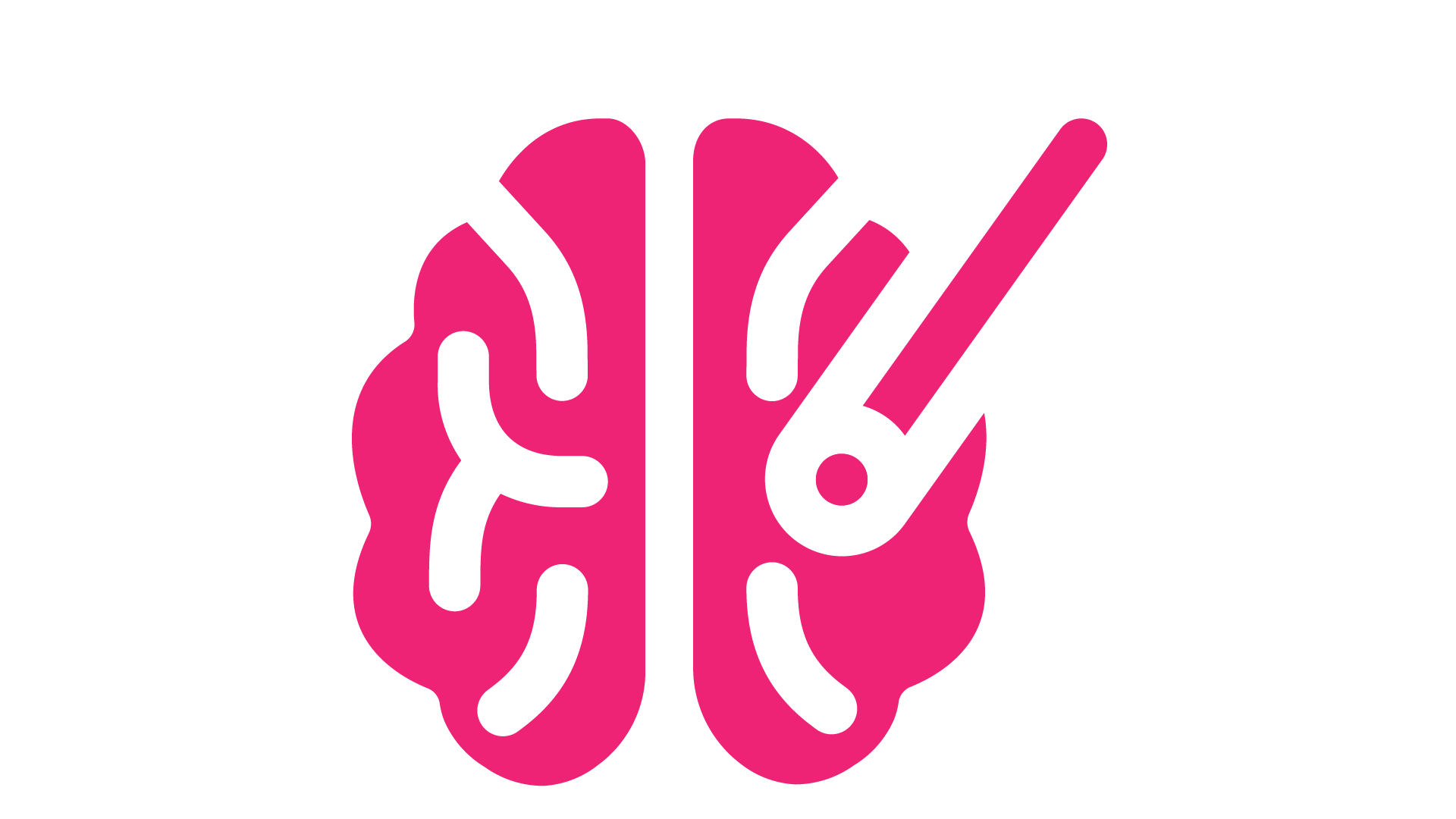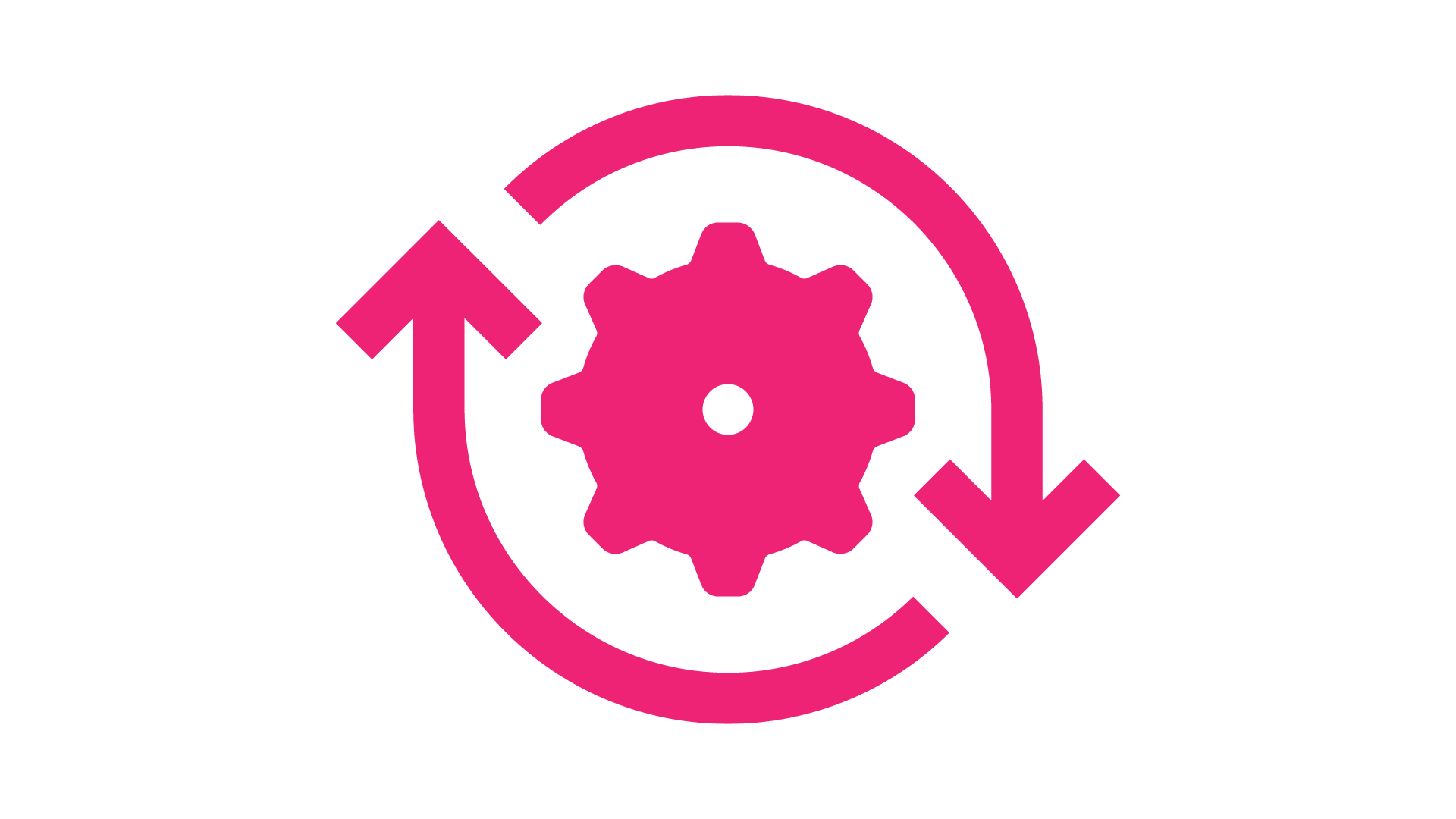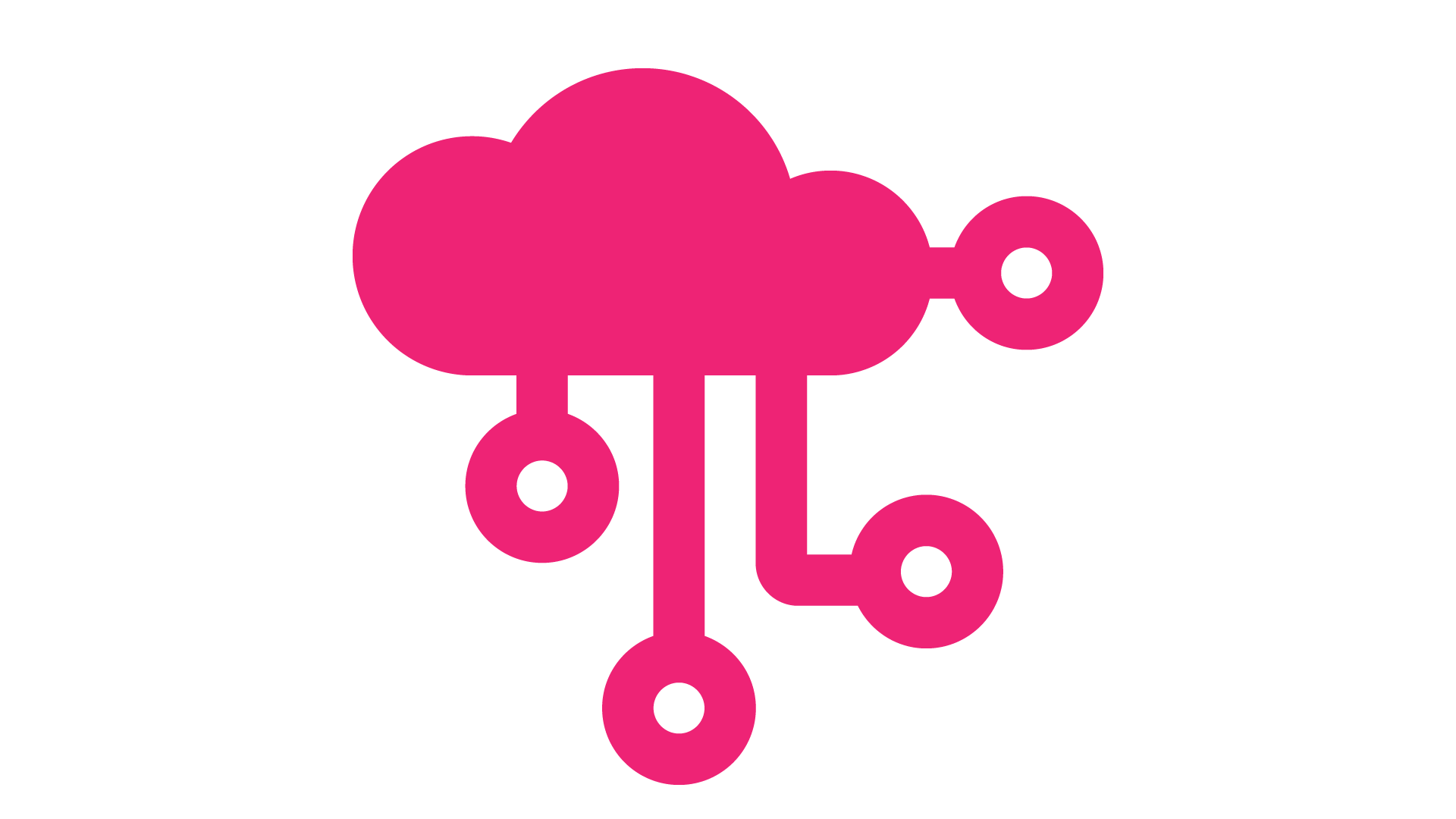Precision & user control
From the high accuracy of image fusion to the ability to fully customize lead implant geometry from all major manufacturers, Brainlab Elements allows users to see their surgical plans and benefit from precision and control.

Brainlab Elements Stereotaxy is a highly capable, versatile and reliable platform. I use it in stereotactic surgery for preoperative planning, intraoperative targeting and postoperative verification. Elements has equally proven to be a powerful tool in conducting research and in troubleshooting deep brain stimulation.
Contact us today to experience state-of-the-art solutions for surgery.
Our mobile imaging robot, Loop-X®, is designed for intraoperative 2D and 3D imaging. Loop-X can provide stereotactic frame localization, intraoperative scans for lead placement verification, 2D shots for lead depth verification and Automatic Image Registration (AIR) scans for navigation.
Our Mixed Reality Viewer provides an interactive 3D visualization of functional clinical plans that include patient-specific anatomical objects, 3D electrode geometry models and white matter tractography.

Plan your case anytime, anywhere – from the hospital network in the office, clinic or at home through VPN – and access those surgical plans directly in the O.R.

Let Brainlab Elements process your patient data while you carry on with other clinical routines.

Plan your stereotactic case and protect it. With the Lock Mode feature, surgical plans are securely saved on the server for review at any time without the risk of accidental changes.

Access surgical coordinates or review intraoperative imaging directly in the O.R.
Uncover the next generation of surgical solutions.
Not yet commercially available in several countries. Please contact your sales representative.